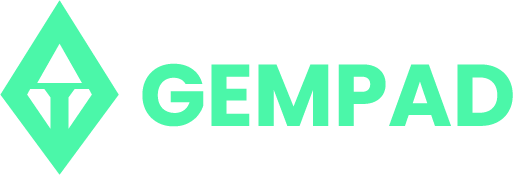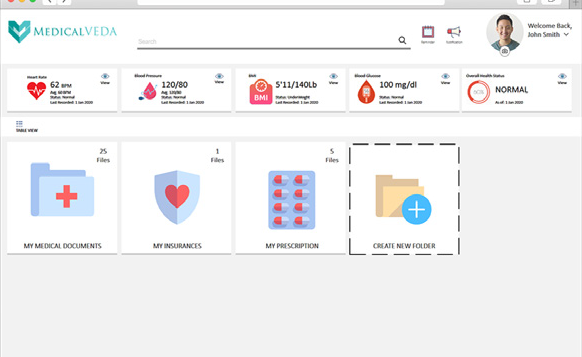Health is vital for anyone irrespective of their origin, race, ethnicity, nationality or financial status. While for some it is affordable, not everyone has the budget to easily afford medical care, especially in emergencies or length medical procedures. When a person lacks the money, and the medical procedure is vital for existence, almost everyone thinks about spending the capital they possess in the form of assets such as gold, bonds or property. Similarly, It is well known that the cash flow of healthcare practices, whether it be medical, dental or veterinarian, is unpredictable and can be inconsistent. Submission of payment, in majority cases by insurance companies, may take weeks or even months, which is beyond the control of the medical practitioner or respective organization, which ultimately may result in adversely affecting their efficiency.
In such circumstances, while a person may have been able to liquidate their savings for the required medical procedure or a practitioner needs it for their required obligations, the process of liquidation is often slow for emergency. Besides, a person also misses out on the opportunity of getting growth while also losing the periodic returns from the underlying asset.
Medfi Veda, Veda P2P Platform resolves such pain points in health-care by introducing a crypto-based P2P lending platform. It ensures that for emergency situations, individual patients can simply apply for loans in a peer to peer way, simply by keeping their cryptocurrency holdings as collateral and use the liquid capital in turn for the required medical procedure. Similarly, for instances for medical practitioners, where receivables are far off into the future, a practice can acquire credit from lenders at simple interest rates and can pay back at agreed terms and conditions.
BACKGROUND
Traditionally, financial institutions like banks serve as an intermediary to disburse and avail loans. While this process is secured, there is the issue of third-party limitation and have increased costs due to third party commission and fee. Peer-to-peer lending, on the other, is the practice of directly borrowing and lending loans. The issue with such transactions is that there is no enforcer or mediating party, in case of borrowers getting defaulted.
MedFi Veda P2P Lending: How it works?
The MedFi Veda P2P lending platform presents decentralized peer to peer lending platform powered by blockchain and smart contracts. It offers an easy to use interface whereby anyone (a borrower) can apply for a loan. A lender approves a certain limit (against the crypto as collateral) and allows the borrower to withdraw as and when the requirement comes up. It is here to be noted that the collateral is secured within a smart contract, with the terms and conditions of payback and interest rates, and is released upon maturity of the contract (given that conditions of the contract are fulfilled). An important aspect of a smart contract is its decentralized nature, and self-execution, as no one can manipulate the terms and conditions once it has been set. This way, the patients can carry out their medical procedures while medical practitioners can not only stay afloat but also ensure that the amount lost on interest is minimal.
How does MedFi Veda P2P Lending Standout from the rest?
MedFi Veda P2P secures collateral by keeping it in a smart contract, which are immutable and self-enforceable contracts deployed on the blockchain. MedFi Veda uses smart contracts that are deployed on blockchain and are responsible for handling defaulters or applying penalties (such as late fees, and higher interest rate) and notifying verification providers about it. The Smart Contracts would also have the feature to automatically send a notice to the borrower when the payment time is near and process funds from their wallet through the platform. If payment is late, interest charges increase and get automatically applied to subsequent payments.
Medfi Veda based decentralized P2P lending ensures that interest rates and repayment terms are flexible while ensuring there is minimal transactional costs and no intermediary costs. This way, through disintermediation, lending via Veda platform has lower interest rates than what banks and financial institutions charge. Moreover, it also works on a global level, not like traditional lending platforms which are restricted to a specific geographical area. In addition, it executes fast credit checks and KYC/AML ( Know Your Customer and Anti Money Laundering) protocols, with a more holistic view by looking into required collateral in cryptocurrency. Another standout feature of MedicalVeda platform is that it provides easy accessibility i.e. lending capital at anywhere, any time.
Features
· Peer to peer
· Universal Operations
· Lower Interest rates for borrowers
· Supported on multi-devices
· Secured by smart contracts
· Supports crypto as collateral
· Multiple offerings: Both for individuals and organizations
· Instant withdrawals enabled to tackle liquidity











